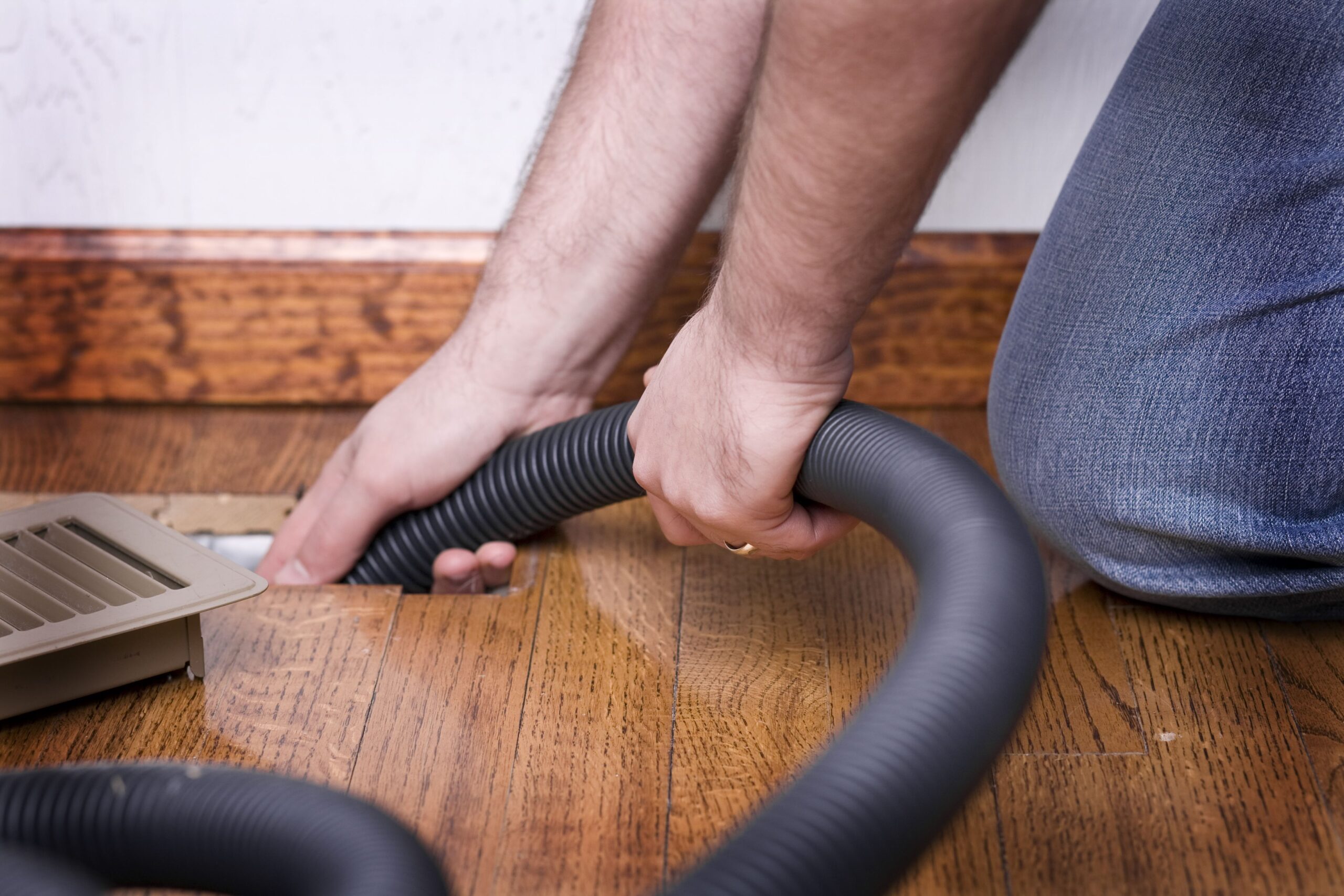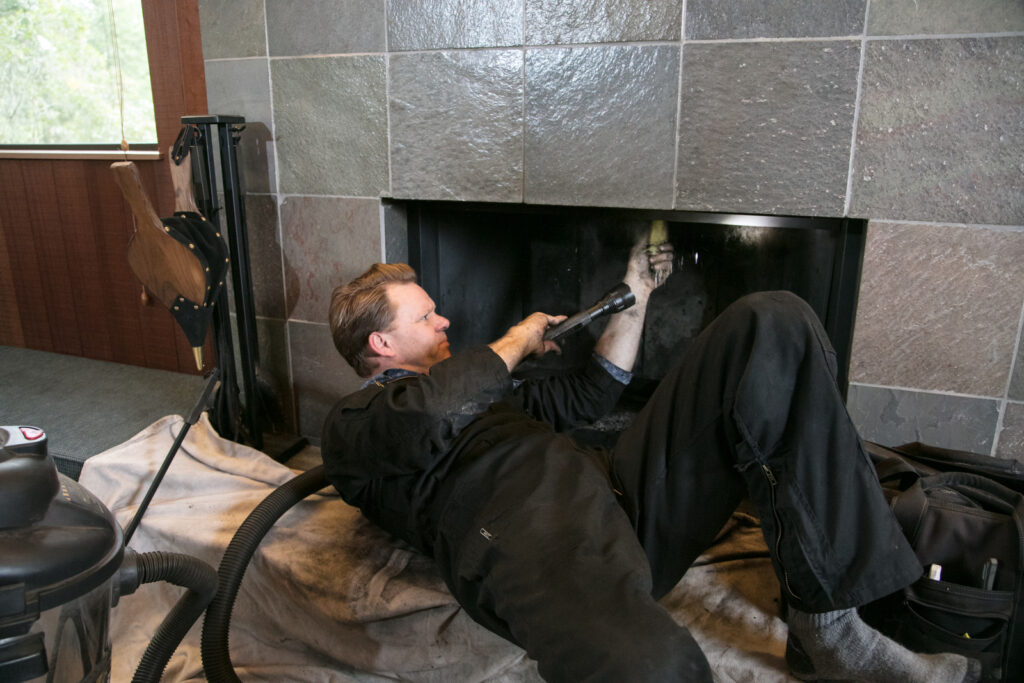
For the safety and proper operation of your heating system or fireplace, you must maintain the integrity of your masonry chimney. Masonry chimneys are prone to damage and deterioration due to a variety of environmental factors and wear and tear over time. Homeowners must comprehend the significance of masonry chimney repair to guarantee their chimneys’ safe and effective operation.
Masonry chimney maintenance keeps your home’s value and aesthetic appeal intact. A well-maintained chimney adds curb appeal and improves the overall appearance of your home. Unattractive stains, missing bricks, and crumbling mortar can diminish your house’s curb appeal and market value. Investing in professional chimney repair improves your home’s aesthetic appeal and potential for resale, in addition to guaranteeing the safety and functionality of your chimney.
If homeowners want to protect their property, guarantee safety, and keep their heating systems operating efficiently, they must understand the significance of masonry chimney repair. Homeowners may avoid expensive repairs, safeguard their investment, and enjoy their fireplace or heating appliance for many years by proactively addressing chimney issues.

Masonry chimneys are practical elements essential for removing gases and smoke from your house. They are not only beautiful architectural elements. Homeowners must comprehend these typical causes of masonry chimney deterioration to identify possible problems and take preventative action to avoid damage.
Weather Exposure: Masonry chimneys are subject to varying temperatures and are continuously exposed to weather conditions such as rain, snow, and wind. Cracks, spalling, and crumbling may result from the deterioration of the bricks and mortar joints brought on by this exposure.
Freeze-Taw Cycles: Freeze-thaw cycles can worsen chimney deterioration in colder regions. Bricks and mortar can crack or spill due to water seeping into the masonry and freezing and expanding. The structure may become even more weakened by subsequent thawing, which could cause increasing damage.
The buildup of Creosote: Combustion residues from burning fossil fuels or wood can build up inside the chimney flue as creosote. Due to its extreme flammability and corrosiveness, creosote can eat away at masonry and chimney liners, causing deterioration and raising the fire risk.
Lack of Maintenance: Regular chimney maintenance, like cleaning and inspection, can be neglected, leading to deterioration. Lack of maintenance can cause minor problems, such as creosote buildup and debris accumulation, to go unnoticed and worsen over time, resulting in more expensive repairs and extensive damage.
Structural Settlement: The alignment and stability of the chimney may be impacted by the structure shifting or the building foundation’s settlement. The chimney may lean or tilt due to uneven settling, which strains the masonry and increases the risk of cracks or other structural issues.
Moisture Intrusion: Damaged or improperly installed chimney crowns, flashing, or caps can let moisture seep into the chimney system. Water damage, metal component rusting, and masonry material deterioration can all be caused by moisture intrusion, which speeds up chimney deterioration.
Chimney Fires: Buildings of creosote or other flammable materials inside the chimney flue can cause chimney fires. Parts of the chimney may crack, spall, or even collapse due to the intense heat of a fire’s quick masonry expansion and contraction.
The lifespan and performance of masonry chimneys must be maintained through routine chimney inspections, appropriate upkeep, and prompt repairs.
There are major safety risks when chimney repair is neglected. Chimneys that aren’t maintained regularly may experience problems that weaken their structure and pose greater risks.
Chimney fire risk increases with neglected maintenance. If left unchecked, creosote buildup—a highly flammable residue—poses a serious fire risk. These fires grew swiftly, destroying large amounts of property and possibly setting nearby materials on fire.
Additionally, masonry deterioration can result in structural weaknesses and increase the risk of chimney collapse. Debris that falls can harm people or property, or even worse. Chimney problems can also result in mold growth, water leaks, and poor indoor air quality.
Neglected chimneys further increase the danger of carbon monoxide poisoning. A hazardous gas buildup and possible health risks for residents may result from obstructions or damage that prevents adequate ventilation.
Blockages in the chimney can cause inadequate ventilation, which can cause smoke to back up and cause respiratory issues for residents. To reduce these risks and maintain a safe living environment, homeowners must prioritize regular professional chimney inspections and maintenance.

Your chimney’s longevity, safety, and effectiveness depend on maintaining its integrity. Homeowners can protect their chimneys and save money on repairs by implementing long-term maintenance procedures. The following crucial advice will help you maintain the long-term integrity of your chimney:
Schedule Annual Chimney Inspections: To find problems early on, have a qualified professional inspect your chimney once a year. Problems like creosote buildup, masonry cracks, or damage to the chimney cap or flashing can all be found with a thorough inspection.
Keep it Clean: To avoid chimney fires or inadequate ventilation, it is essential to clean your chimney regularly to get rid of creosote, debris, and other obstructions. At the very least once a year, or more frequently, if you use your fireplace frequently, hire a certified chimney sweep to clean your chimney.
Watch for Damage: Be alert for any indications of chimney damage, such as leaning, spalling, or cracked bricks or mortar joints. Deal with any problems immediately to avoid more damage and safety risks.
Install a Chimney Cap: A chimney cap prevents animals, precipitation, snow, and debris from entering the chimney. The integrity of your chimney can be preserved by installing a chimney cap, which can stop blockages, water damage, and animals building nests.
Maintain Proper Ventilation: To enable the right combustion gas draft, ensure your chimney has enough ventilation. A properly ventilated chimney lowers the possibility of chimney fires and stops the accumulation of dangerous gases like carbon monoxide.
Handle Water Infiltration: Water is a major threat to the masonry of chimneys. Fix any leaks in the masonry, crown, or chimney flashing to stop water from penetrating the chimney and causing damage over time.
You must make regular cleaning, repairs, and inspections to fully enjoy your investment.
It is crucial to hire qualified professionals for chimney repairs; this must be emphasized more. These people ensure that repairs are carried out in a safe, efficient, and high-quality manner by bringing a wealth of knowledge and experience to the table. Trying do-it-yourself projects or hiring unskilled workers to assist can result in poor quality work, more damage, and more safety risks.
The building codes, rules, and industry standards for chimney construction and repair are well-known to qualified professionals. They guarantee that all repairs are carried out by these specifications, preventing any legal problems and guaranteeing the integrity and safety of the chimney system.
To preserve their chimney systems’ longevity, functionality, and safety, homeowners must be aware of certain basic information regarding masonry chimney repair. Costly repairs and safety risks can be avoided by adopting long-term maintenance practices, hiring qualified professionals, and being aware of common causes of deterioration. For many years, homeowners can guarantee the safe and effective operation of their masonry chimneys by prioritizing regular maintenance, cleaning, and repairs. Act immediately to arrange for a qualified inspection and quickly address any problems that may arise. The security and comfort of your house are worth the expenditure.